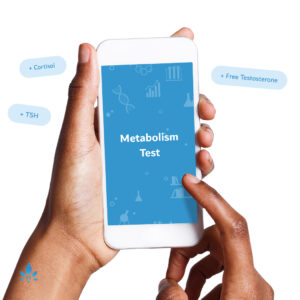Gastroenteritis: Signs of Dehydration


Known more commonly as a “stomach bug” or “stomach flu,” acute gastroenteritis (AGE) is a common cause of childhood misery. Children suffering from AGE typically have some combination of nausea, vomiting, diarrhea, low-grade fever, and stomach pain. Most infants and children will also be more fussy than usual and have a decreased appetite. Overall, AGE is a common childhood disease. It accounts for approximately 150,000 hospital admissions, 3.7 million doctor visits, and 300 deaths in the United States alone every year.
AGE is usually caused by a virus that infects the lining of your child’s intestinal tract. Common culprits include Rotavirus, Norovirus, and Adenovirus. The virus is spread when children come into contact with it and puts their hands in their mouths, allowing the virus to enter the digestive tract. Symptoms usually occur within 24 hours of exposure to the virus and last anywhere from 1-3 days.
The most common complication of AGE is dehydration. The younger the child, the greater the risk of dehydration. Signs of dehydration include:
- Sunken fontanel, or soft spot
- Dry lips and mouth
- No tears when crying
- Sunken eyes
- Rapid heart rate
- Dry or clammy skin
- Irritable or very drowsy
- Decreased amount of urine
If your child shows any of the above symptoms, call your pediatrician immediately.
Frequent vomiting and diarrhea cause a child to lose not only water, but also electrolytes, including sodium and potassium. Losing too much sodium and potassium can cause problems with your child’s muscles, brain, and heart, so it is critical to make sure your child stays hydrated. To prevent dehydration when your child has AGE, offer small frequent sips of an oral rehydration solution such as Pedialyte. Start with as little as an ounce per hour and increase the amount if your child is able to hold it down. Be careful not to give juice or Gatorade, as these fluids contain too much sugar and can worsen the diarrhea and electrolyte imbalance.
Good hygiene is the most important method of preventing gastroenteritis. Careful, frequent hand washing can go a long way toward preventing illness. Also, make sure your baby is vaccinated to prevent Rotavirus, which is recommended for all infants at 2, 4, and 6 months. While it does not prevent all causes of AGE, it is a good start to keeping your baby healthy.
Sources:
- The McGraw-Hill Companies
- Pediatric Gastroenteritis.
Centers for Disease Control and Prevention - Managing Acute Gastroenteritis Among Children.
Powered by Bundoo®













































